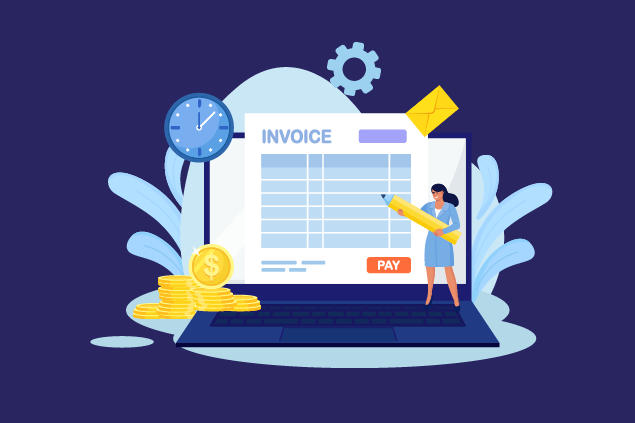[gap height=”15 px”]
When compared to other industries, the practice of law has been extremely slow in its acceptance of cloud-based storage. For firms that decide to make the move, numerous questions and concerns can delay the process. As firm managers seek to convert their on-premise storage to virtual storage, they face numerous concerns and options. An article on AllCovered.com discusses the pros and cons of cloud storage for law firms. Here are some of the highlights.
Cost
As a law firm manager, cost is always on your mind. When considering storage options, you want to employ the most affordable and efficient method. The cost savings partly depend on your firm’s individual storage needs. If you currently have a system that is up to date and working, now may not be the right time for a cloud conversion. However, if your current storage system is in need of expensive upgrading, converting to the cloud may save your practice a significant amount of money. With necessary upgrades and periodic repairs, maintaining on-premise storage can become expensive. Cloud service costs generally include maintenance. You can also benefit from flexible storage options, with various fee levels. This way, you only pay for what your practice actually needs.
Security
Client confidentiality dictates that law firms must be hyper-vigilant about storing files in a safe and secure manner. Reputable storage companies generally use the most innovative and up-to-date security options. When considering cloud storage options, inquire about ease of access and monitoring practices. It’s also vitally important to consult your state bar about the ethical rules of your state. Make sure you choose a cloud service that adequately meets your ethical obligations.
Accessibility
Imagine you are working on a case from home and you discover that you left a necessary file at the office. With cloud service, you don’t have to get dressed and go into the office. Every authorized practice member can quickly access necessary files from any location for added convenience.
Making the switch
Many law firms resist the move to the cloud because they fear the work involved in making the transition. Most cloud providers offer experts and consultants who walk you through every step of the conversion process. They review the needs of your firm and create a plan that meets them seamlessly. Do your research. You may find that the conversion process isn’t nearly as difficult as you imagine.
The cloud offers affordable and secure storage options, but what’s best for one law firm may not benefit another. Shop around and seek guidance from the state bar when making this important decision.
About Erika Winston:
Erika Winston is a Virginia based writer with a passion for all things legal. As a former domestic relations attorney, she understands the challenge of determining the best fee structure for your practice. Erika is a regular contributor to TimeSolv and a variety of other publications.


















